Ghana has a rich history of textile production. The textile and garment sector is one of the most strategic sectors in Ghana in terms of export potential and job creation.
Ghana’s new strategy is based on selected anchor industries that will change the economy.
The textile industry in Ghana has seen a recession over the past few years, vibrant traditional prints and woven motives are finding a way to international fashion stages.
The textile industry in Ghana and government support
Successive government working on preparing facilities to expand the textile industry in Ghana. For example, duty exemption offer to import news textile machinery and technology and cooperative tax discount up to 50% in economic trade zones.

The government of Ghana over years has shown a real desire to make the textile and apparel industry a priority because there is an enormous potential for employee and development based of Ghana reach history of textile and design.
Textile manufacturing in Ghana is one of the most vibrant industries generating employment and contributing to GDP. It consists of ginneries and textile mills producing batik, wax print, fancy printed cloth, and Kente.
Apparel and garment firms are located in Ghana to serve local, regional, and international markets, taking advantage of policies such as the African Growth and Opportunities Act (AGOA). The industry has shown signs of significant growth and potential in recent years, promoting high-quality traditionally designed fabrics as “Made in Ghana” to niche markets, especially the US.

These are based mainly in Accra. Thus it may be said that most of the large scale firms in the textile subsector are concentrated in Accra, Tema and Akosombo-Juapong area.
West African prints have made it to the fashion catwalks of the western world, yet at home the fabric industry is suffering because of cheap fake imports. In response, the government is encouraging people to support the industry and promote their culture by wearing local fabrics.
Why Gana?
The West African region has enormous advantages that position it favourably to capture demand flowing out of Asia and other regions. It is among the world’s fastest urbanizing regions with a rapidly growing and affordable labour force. It is also the 6th largest cotton-producing region globally.
Ghana is ideally positioned as a first-mover in establishing a regional apparel hub, supported by its Anglophone population and its stable, investor-friendly government.
GEOGRAPHICAL ADVANTAGE
Average transit times of 14-18 days to the U.S. and 14-22 days to Europe, typically 2-5 weeks faster than East Africa and Asia
Ghana’sPortofTemaisamongthemostefficientportsintheregion
FAVORABLE TRADE AGREEMENTS
Duty-free exports to the U.S. under AGOA (15-32% cost reduction) and to the EU under EPA (up to 12% cost reduction)
Particularly strong advantages for synthetic and polyester fabrics
LARGE AFFORDABLE WORKFORCE
Ghana’s statutory minimum wage is 5x lower than China’s, 3x lower than Kenya’s, and 50% lower than Bangladesh’s
The Anglophone population of 28 million, 57% of which are <25 years
PEACEFUL, STABLE & DEMOCRATIC
Ghana is a the most peaceful country in West Africa, underpinned by a homogenous population that shares cultural bonds
Stable democracy with a 30-year track record of peaceful elections
SUPPORTIVE BUSINESS CLIMATE
Consistently ranked 1st in West Africa in the World Bank’s annual Ease of Doing Business ratings
Robustindustrialpoliciesandtargetedinvestmentpromotionsupport
GATEWAY TO WEST AFRICAN REGION
Ghana’scentrallocation, infrastructure and political stability make it a gateway to the broader West African region
EasyaccesstoNigeria’smassiveconsumerandlabormarket
Ghana Overview
Ghana sits on the Atlantic Ocean and borders Togo, Cote d’Ivoire, and Burkina Faso. It has a population of about 29.6 million (2018). In the past two decades, it has taken major strides toward democracy under a multi-party system, with its independent judiciary winning public trust.
Ghana consistently ranks in the top three countries in Africa for freedom of speech and press freedom, with strong broadcast media, with radio being the medium with the greatest reach. Factors such as these provide Ghana with solid social capital.
President Nana Akufo-Addo’s recent re-election after the Supreme court dismissed the opposition’s election petition, gives the governing New Patriotic Party a second term.
Recent Economic Developments and Outlook
Ghana’s economy contracted by 3.2 and 1.% in the second and third quarters of 2020, respectively, pushing the country into a recession for the first time in 38 years.
However, a modest growth of 1.1% is for the full year of 2020 thanks to a strong 4.9% growth in the first quarter of 2020, at the onset of the COVID-19 crisis. The 1.1% GDP growth in 2020 is a steep fall from the pre-COVID-19 levels of 6.5%.
The Government attempted to mitigate the pandemic’s impact on households and businesses by enacting the Coronavirus Alleviation Plan (CAP) and the medium-term COVID-19 Alleviation and Revitalization of Enterprises Support (CARES) program in mid-2020. But the low growth in 2020, coupled with high population growth, has pushed real per capita incomes 1% lower than in 2019.
Ghana’s economy showed early signs of recovery in the second half of 2020 as business sentiments improved with the ending of lockdowns as the year-on-year performance in the agriculture, manufacturing and tradable services sectors saw some strong recoveries in the third quarter of 2020.
Ghanaian Clothing
Most popular garments in Ghana; Ghanaian smock
The traditional garments of Ghana are the kente cloth and the Ghanaian smock. The smock is made from the fabric called “Gonja cloth”. The kente cloth is originated from Southern Ghana, while the Gonja cloth – from Northern Ghana.
Gonja cloth – thick striped cotton fabric. The cotton is picked, dyed, and woven by hand. Usually, the pattern on this cloth is blue/black and white stripes. Long narrow pieces of fabric (about 4 inches wide) are woven and then sewn together or sold in rolls.
Ghanaian smock (there are other names, for example, “dansika”, “fugu”, “batakari”, etc.) is a garment that resembles a shirt. It is mostly worn by men but there are female versions. Usually, the neckline and sometimes the front part of the smock is embellished with embroidery. The threads used for the embroidery pattern are white or blue&white. The pattern on the fabric itself is a combination of black and white or blue and white stripes of different width. The smock is worn with a kufi cap (a small round skull-cap widely used in Africa) or a red fez hat.
Kente cloth
Kente cloth is another traditional garment of Ghana. It is a handwoven piece of fabric with very colorful and symbolic patterns. This outfit is mostly worn for special occasions, ceremonies, and celebrations. The garment is very important for the Ghanaian culture. First kente appeared about 400 years ago.
It was woven from raffia palm fibers and the tissue structure looked like a basket. At first, kente cloth was used only by royalty but later it became an item for ordinary people. Nowadays, kente cloth is made from cotton, and this clothing fits the African climate perfectly.
Kente is a unisex outfit, but men and women drape it in a different way. Men use it as an ancient Greek toga – across one shoulder and around the body. Women wear a two-piece kente: one forms a wrap-around skirt (2 yards long and 45 inches wide piece of fabric) and another one is used as a shawl. A plain-colored blouse is worn to complete the attire.
The most important feature of a kente cloth is its pattern. There are more than 300 various patterns, and each and every one of them has its name and a unique deeply symbolic meaning. Each pattern has a background – social or political events, achievements of a certain person, wise sayings, and so on. For example, there’s a pattern called “Fathia Fata Nkrumah”. It is dedicated to the marriage of the first president of the Republic of Ghana and the Egyptian woman Fathia. This marriage was important and symbolic for Ghanaians because it united different nations on the African continent.
Ghana Skills and Technology Development Project (US$70m)
The ultimate goal of this project is to establish demand-driven support to formal and informal training systems and support the development and adoption of new technologies in economic sectors prioritized in the government’s development plans.
The Ghana Skills and Technology Development project has helped textile and garment manufacturers and other businesses expand, create jobs and stimulate local economies.
The skills and technology challenges will be addressed under the following components:
• Institutional Strengthening for Skills Development: The objective of the component is to strengthen the Government institutional capacities in planning, coordination, quality assurance and service delivery towards improved quality, relevance, accountability and effectiveness in skills development.
• Institutional Strengthening of Science and Technology Development: The objectives of this component are to (i) strengthen the planning, management, and coordination of national science, technology and innovation (STI) policies and programs in order to make efficient use of resources; and (ii) support technology development and diffusion that is responsive to the economy.
• Financing of Skills and Technology Development: This is to finance skills and technology development programs in prioritized economic sectors through a demand-driven skills development fund (SDF) managed by COTVET.
• Project Management and Monitoring and Evaluation: This component is to provide effective implementation of the project by establishing a project support unit embedded within COTVET and reporting to the Project Steering Committee.
Results Indicators: It is expected that the following results will be achieved by the end of project implementation: 60% increase in labor productivity by participating firms; 40% increase in investment by participating firms in skills and technology development; 70% satisfaction with skills by trainees; 70% satisfaction with skills by participating firms in 4 economic sectors from small, medium and large.
You can see some companies in the textile industry in Ghana down below:



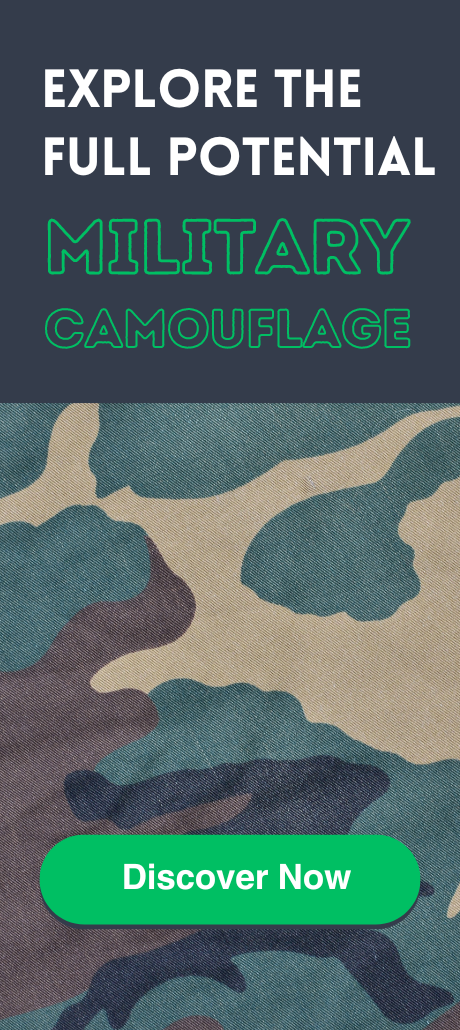

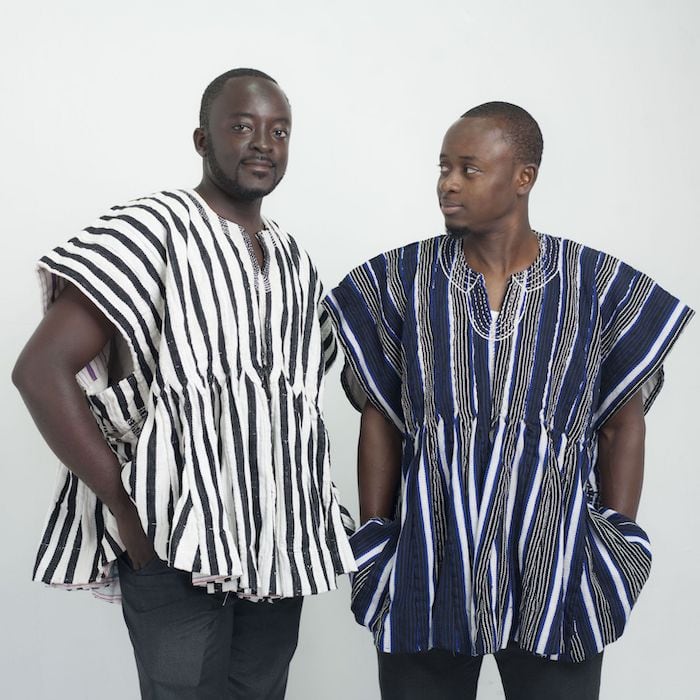

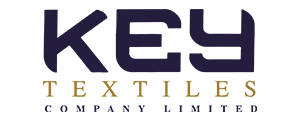
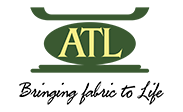

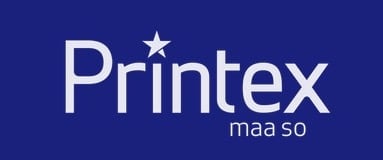




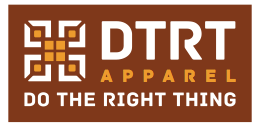








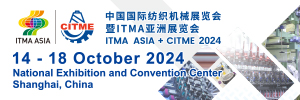

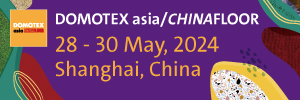


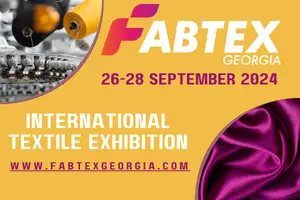

Wish to be part of successful ideas leading to ones development and achievements.
Nice work 😍